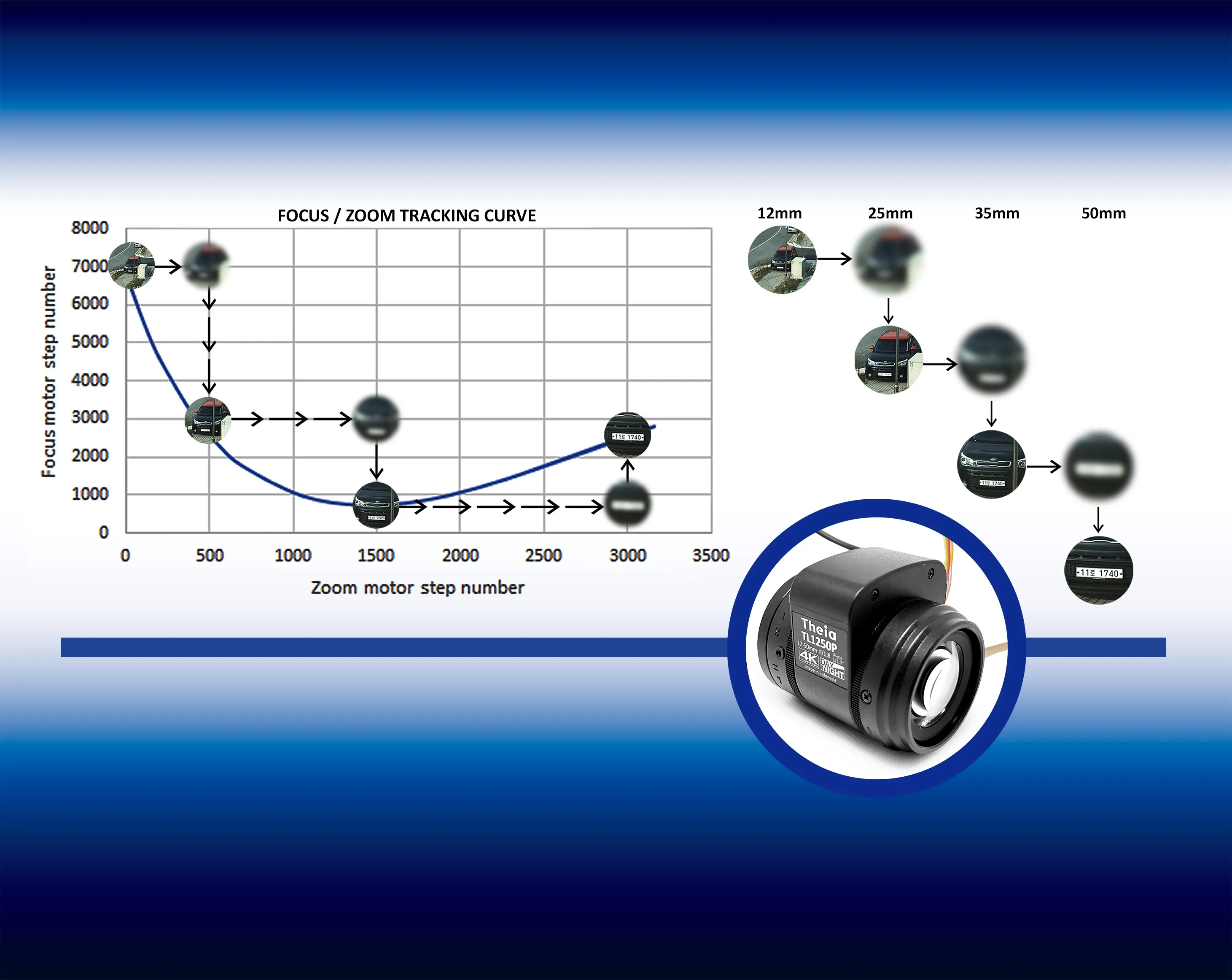UK-based research establishment
The precision of the system is based on a physical rig developed by TRL and
Ceki Erginbas, senior researcher at TRL, said: "With this calibrated system, we can accurately test new vehicles or road environment designs, without the need to physically build them. We can also accurately recreate traffic accidents, from the viewpoint of different people located at the scene.
TRL launches VR blind spot detector
UK-based research establishment TRL has launched a blind spot simulator rig which uses virtual reality to improve truck cab design, road layouts and improve the safety of road users and reduce costs for designers. The precision of the system is based on a physical rig developed by TRL and Volvo. It ensures an accurate representation of direct vision from a real-life Volvo vehicle cab which allows seat, steering and wheel adjustments to be replicated for each driver.
October 6, 2017
Read time: 2 mins









